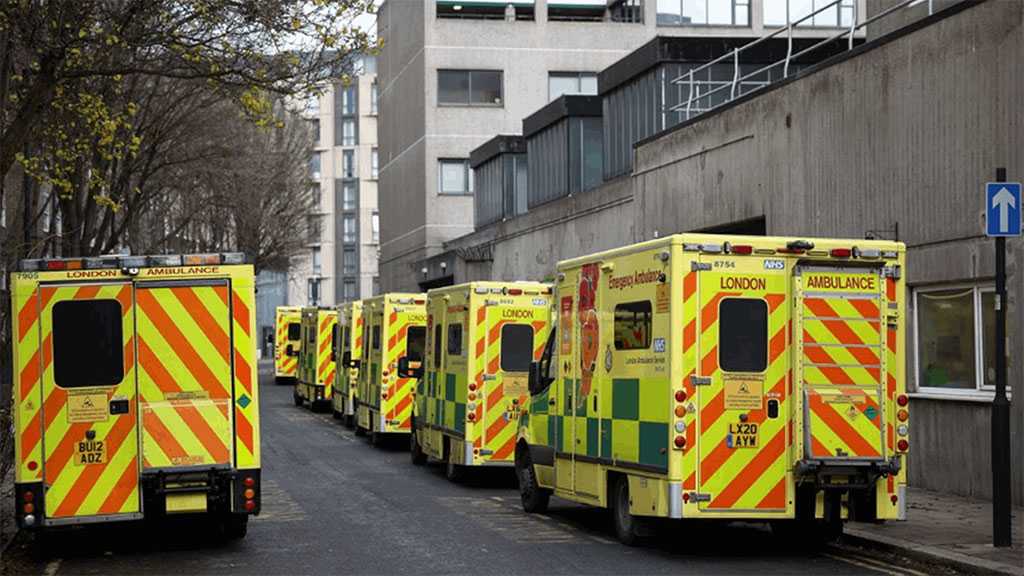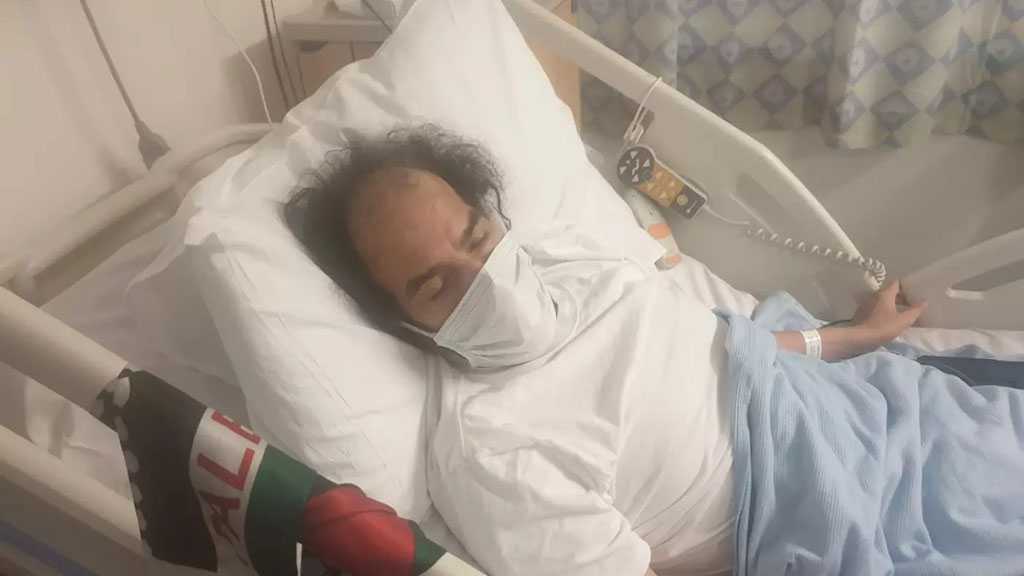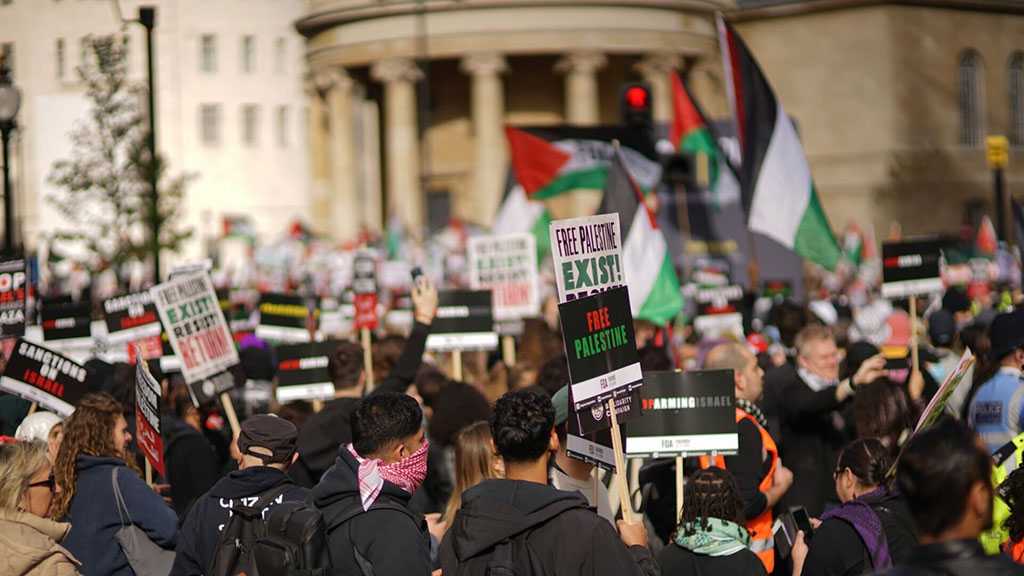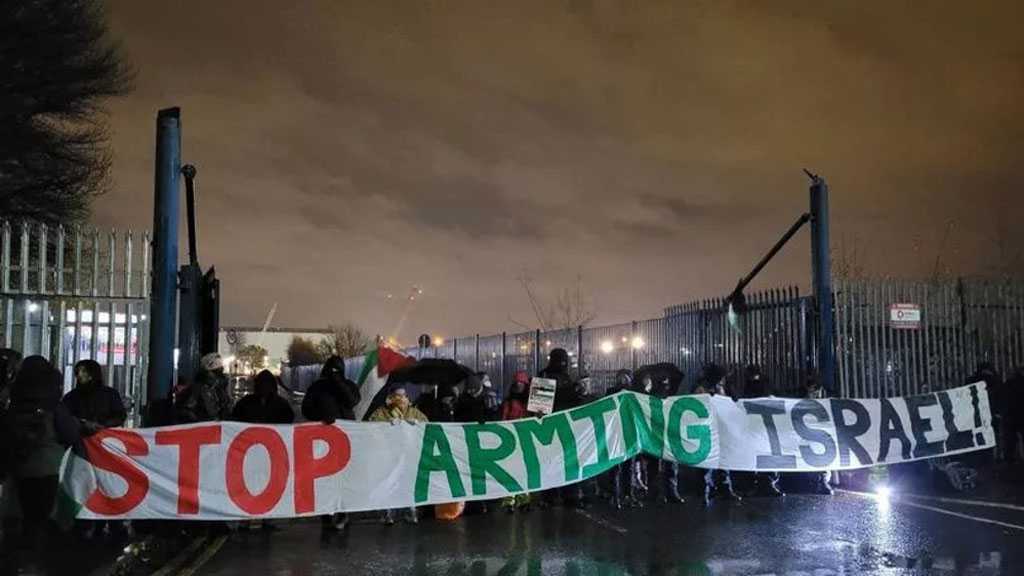
UK Ambulance Workers Join Strikes Over Long-running Pay Disputes

By Staff, Agencies
Thousands of UK ambulance workers are taking industrial action in a long-running dispute over pay and conditions as the county’s cost-of-living crisis puts further pressure on British National Health Service [NHS].
Up to 15,000 ambulance staff belonging to three unions of GMB, Unison, and Unite are striking across England and Wales on Monday for the third time in five weeks.
UK Health Secretary Steve Barclay has warned that further strike action by ambulance workers this week is “hugely disappointing” and will “inevitably” cause disruption to the healthcare system.
Barclay said it is hugely disappointing that some ambulance workers are continuing to take industrial action, warning of inevitable further disruption.
The development comes as additional strikes are planned for the coming weeks by nurses and other health staff, as they seek payment raises to keep pace with the soaring inflation, which stands at a record-high rate of about 11%.
The wave of paralyzing strikes took place after the workers’ pay demands were rejected by the government, which says it cannot afford high increases that match the soaring inflation, and even if it could, such monetary increases would further fuel inflation.
Unite general secretary Sharon Graham said a “double-digit pay rise” must be offered to striking NHS staff, but described the Government as willing to “talk about anything, but they won’t talk about pay.”
“The public is supporting that pay rise as we can see from surveys, and we’ve got the employer, in this instance the Government, who will talk about anything, but they won’t talk about pay,” Graham said.
She described Prime Minister Rishi Sunak as being “missing in action” and called on him to “privatize the NHS” regarding the government’s incompetence in terms of negotiating or solving the pay dispute.
Meanwhile, Unison general secretary Christina McAnea said the solution is “simple” but “most ministers look like they’d rather dig in and do nothing instead of boost pay.”
Speaking to broadcasters during a hospital visit last week, Barclay appeared to rule out a 10% pay rise for nurses, insisting it was “not affordable.”
During the past months, the UK has been grappling with its biggest strike wave for decades, with airport baggage handlers, border staff, driving instructors, bus drivers, and postal workers walking off their jobs to demand higher pay, to be able to cope with the soaring inflation and worsening cost-of-living crisis.
As a far-fetched solution to the dispute, the government is set to unveil strike legislation in the near future in order to contain industrial actions in its key sectors, forcing the staff to maintain a basic level of service during strike time or face dismissal.
Comments
- Related News



